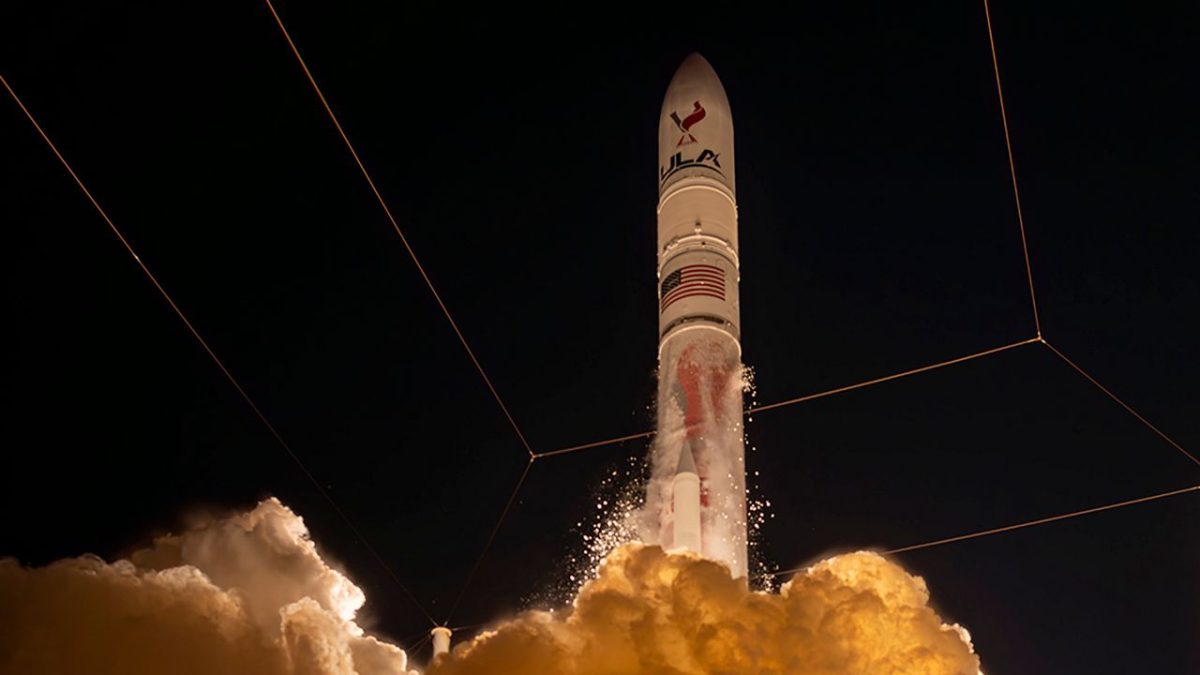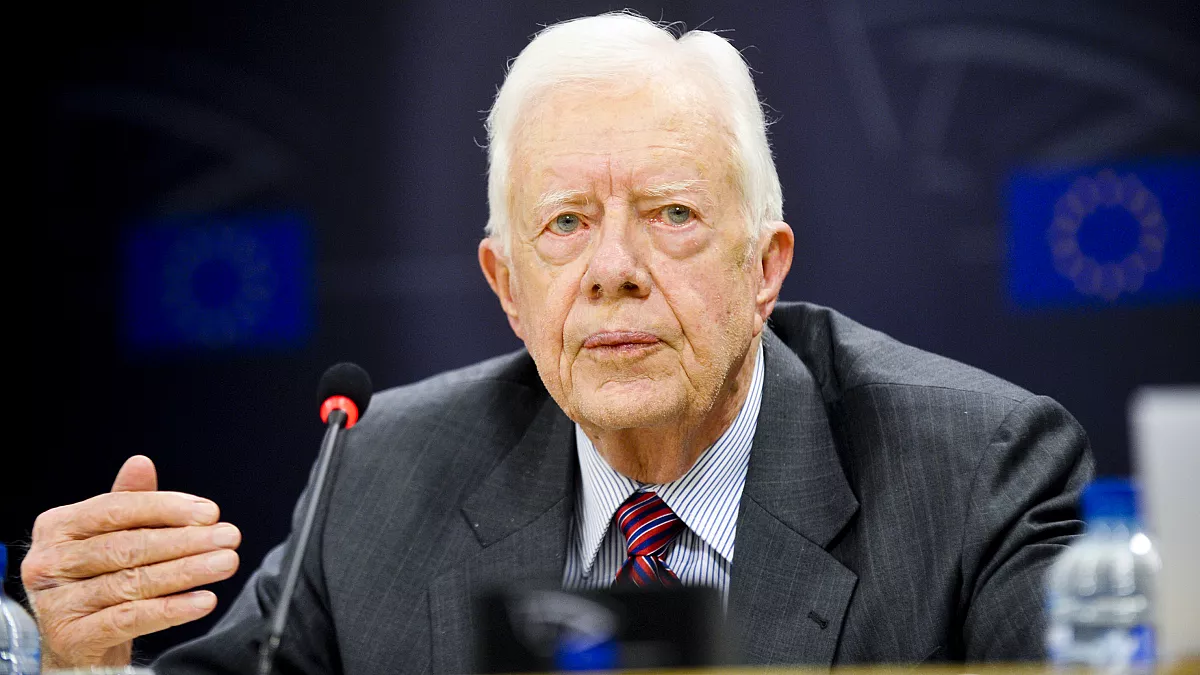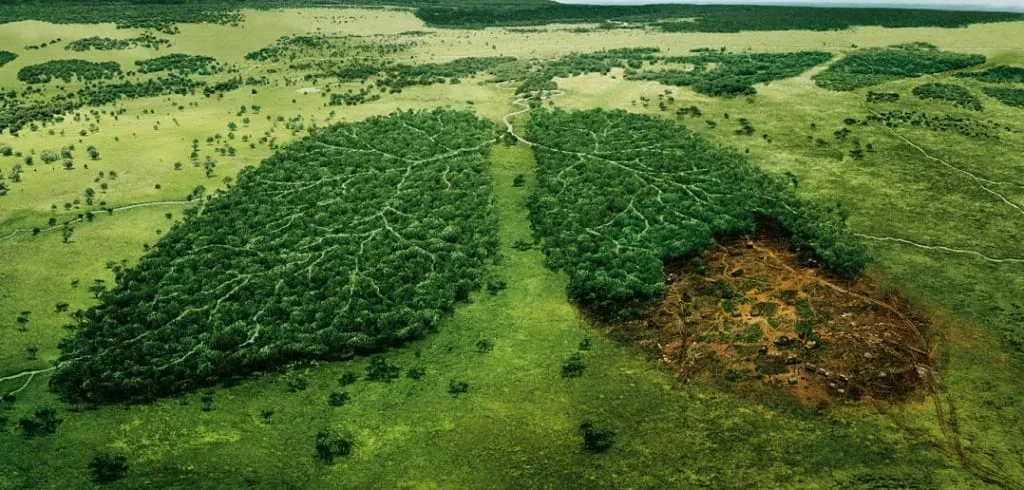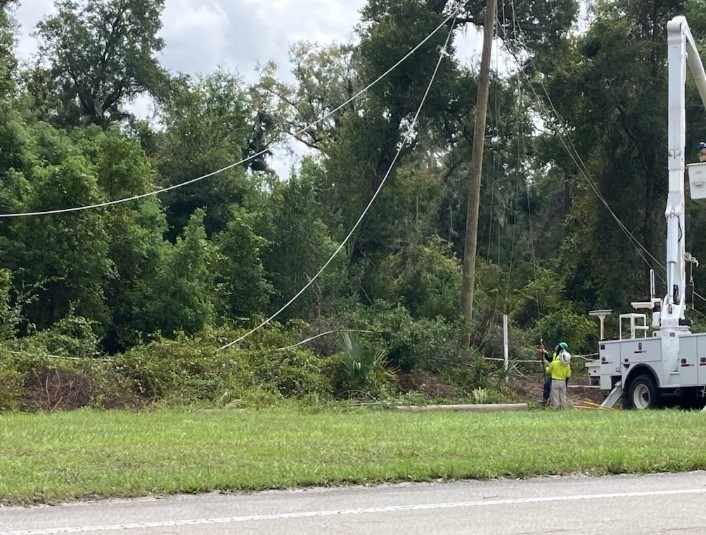On Monday, January 8, the Vulcan Centaur rocket successfully launched into space at 3:30 a.m., at the Cape Canaveral Space Force Station. The Vulcan is known to carry human remains. The rocket has never flown before, and it may become the first commercial lander to land on the moon. In addition, it will be the first lunar launch from the United States since 1972. “The never-before flown rocket was developed by the ULA (United Launch Alliance), which is owned by Lockheed Martins and Boeing. It was established in 2006, when it’s original purpose was to be a response for the US Military’s needs.”
The Vulcan is now called the Peregrine. “It’s a dream … For 16 years we’ve been pushing for this moment today,” Astrobotic CEO John Thornton said during a webcast of the launch. “And along the way, we had a lot of hard challenges that we had to overcome and a lot of people doubted us along the way. But our team and the people that supported us believed in the mission, and they created this beautiful moment that we’re seeing today.” In the company’s launch control room, ULA CEO Tory Bruno said, “Yee haw, I am so thrilled. This has been years of hard work. So far this has been an absolutely beautiful mission.” “This has been years of hard work. So far this has been an absolutely beautiful mission.” Lillian Chorbak, a student at Winter Springs High School, quoted, “The rocket launch was really amazing and it was cool to see it launch.”
Emily Huynh, a student at Winter Springs High School who watched the launch, stated, “I thought it looked like an alien invasion because I didn’t know there was a launch.[sic] I was like: ‘wow’!”
The Perigern lander was separated from the rocket 50 minutes later and was sent to the moon, but complications arose. The Peregrine was scheduled to land on February 23. Fuel leaked during the launch. Engineers are uncertain of what happened; this has resulted in a failed mission. If the lander reaches the moon, it will crash into its surface, it will head deep into space, or be captured by the sun’s gravity.







